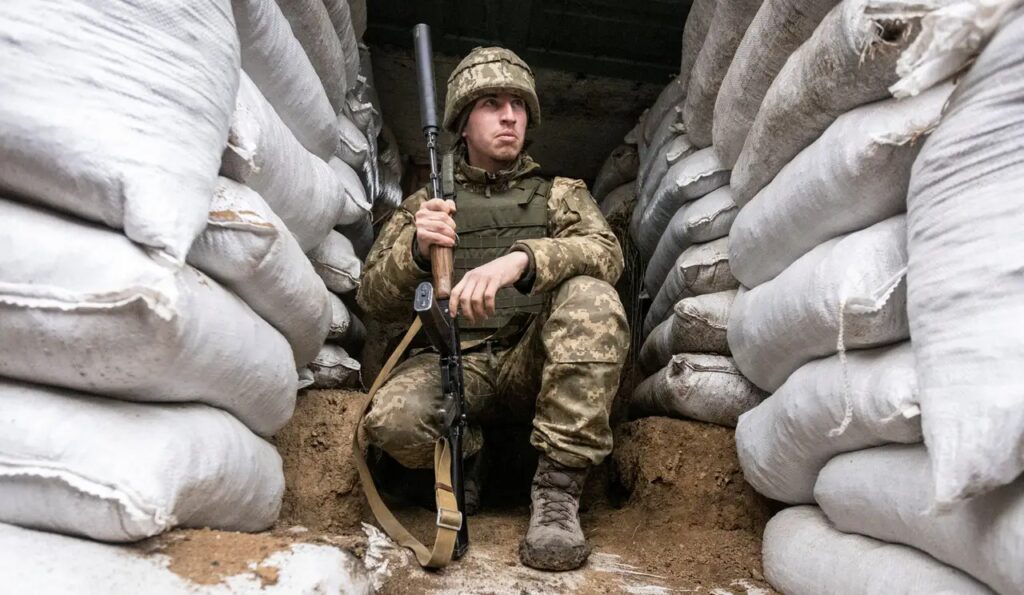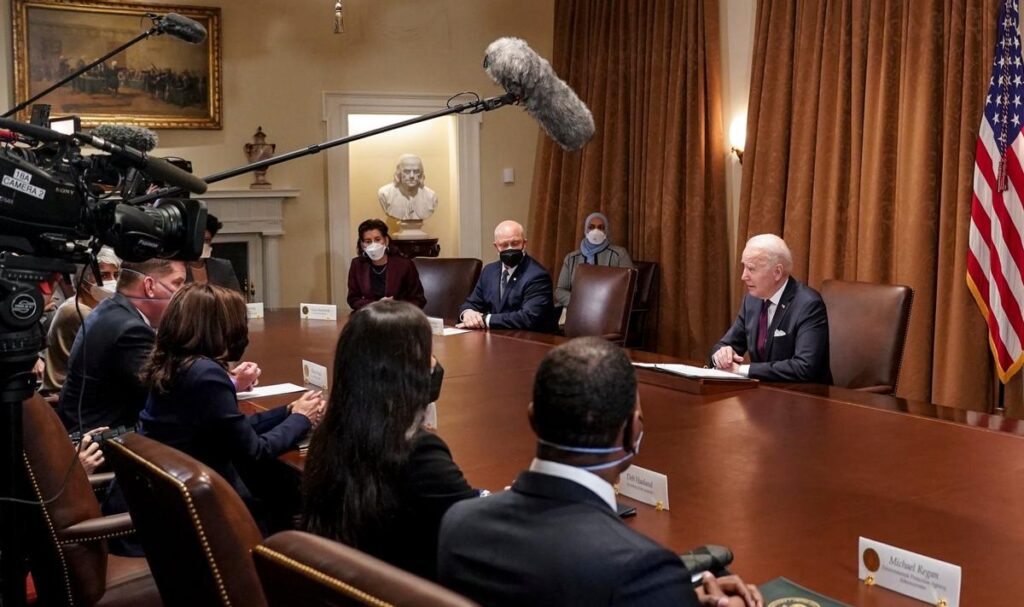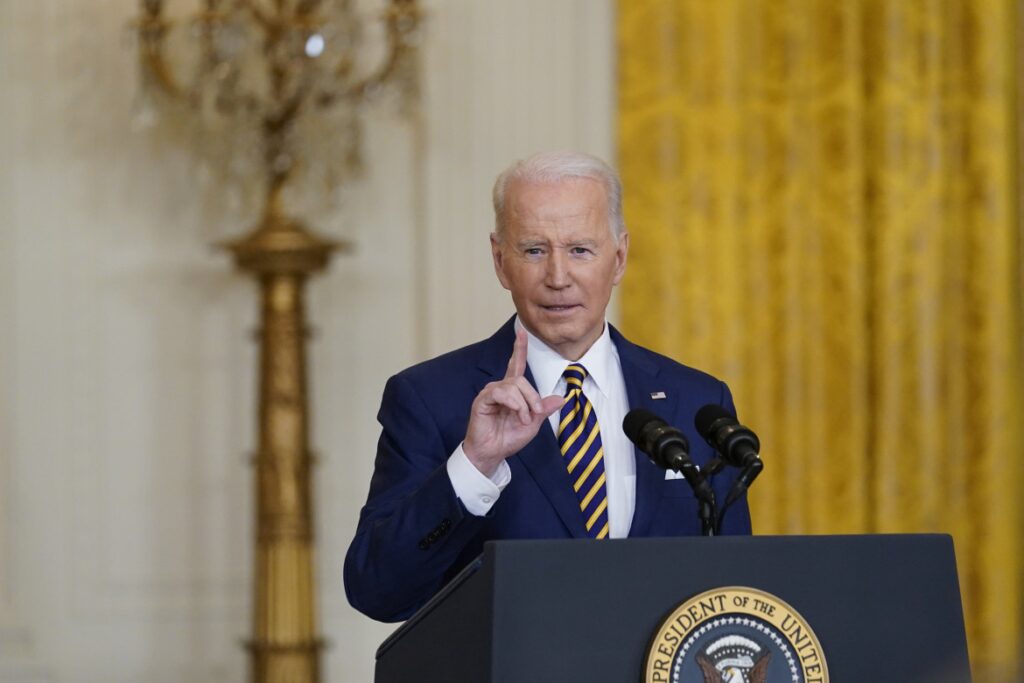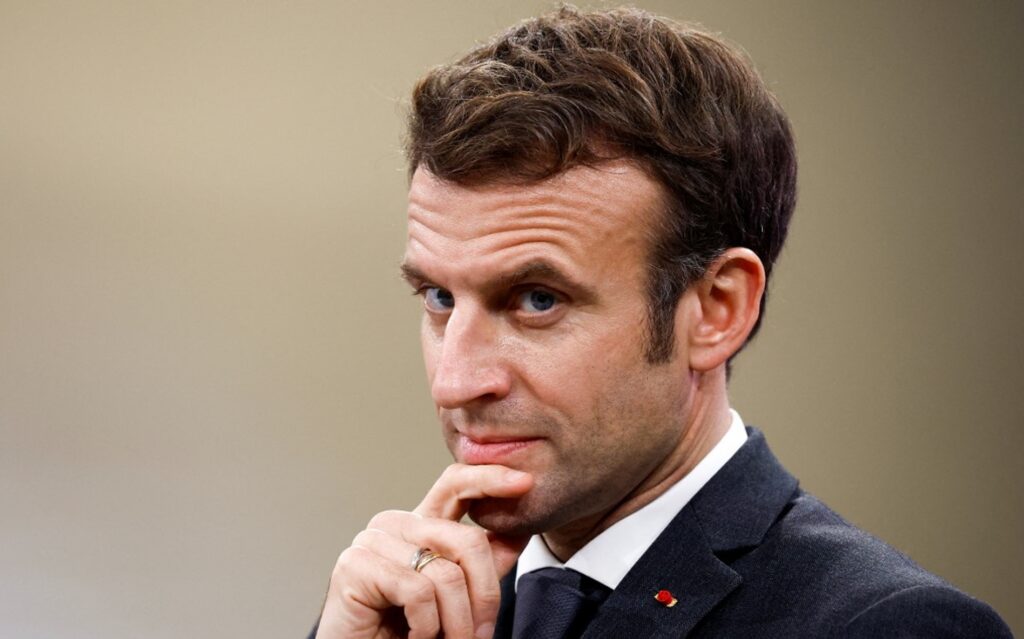Biden’s Latest Mayhem
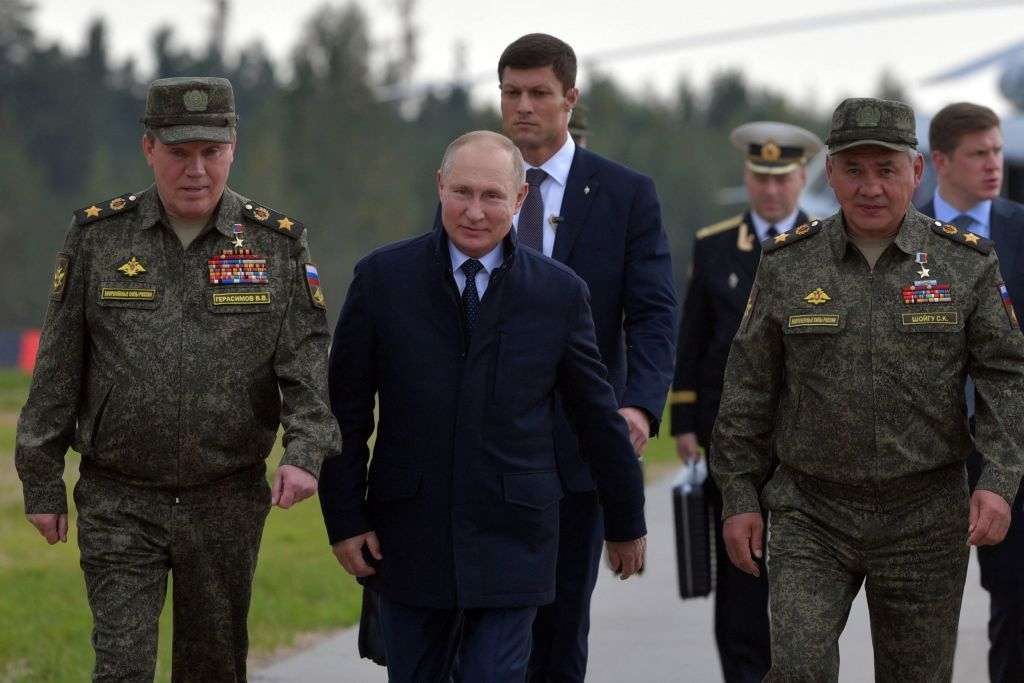
It should not be surprising that Russian strongman Vladimir Putin believes he can invade Ukraine, a sovereign neighboring nation, and claim it as an historic part of his empire. After all, there is a shameful European history to reflect upon, combined with the most recent actions of the United States under the current White House.
In 1938, Western democracies were more than willing to hand over a free and stable central European nation to Hitler. The Czechs found themselves abandoned and served up on a plate to the Third Reich as Hitler threatened war if the Sudetenland region of Czechoslovakia was not annexed by Germany. The reason for his demand was that it was territory long populated by many ethnic Germans. (And this may sound disturbingly familiar if you follow Putin’s logic why Ukraine is his, given that part of its diverse population is Russian.)

